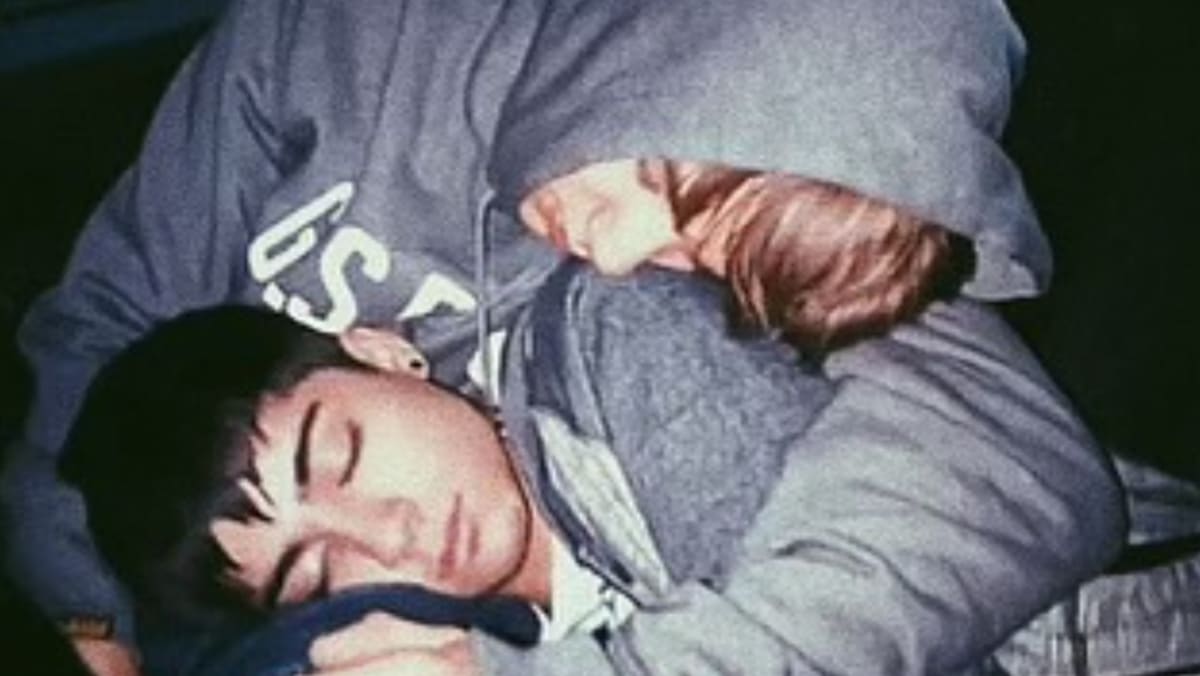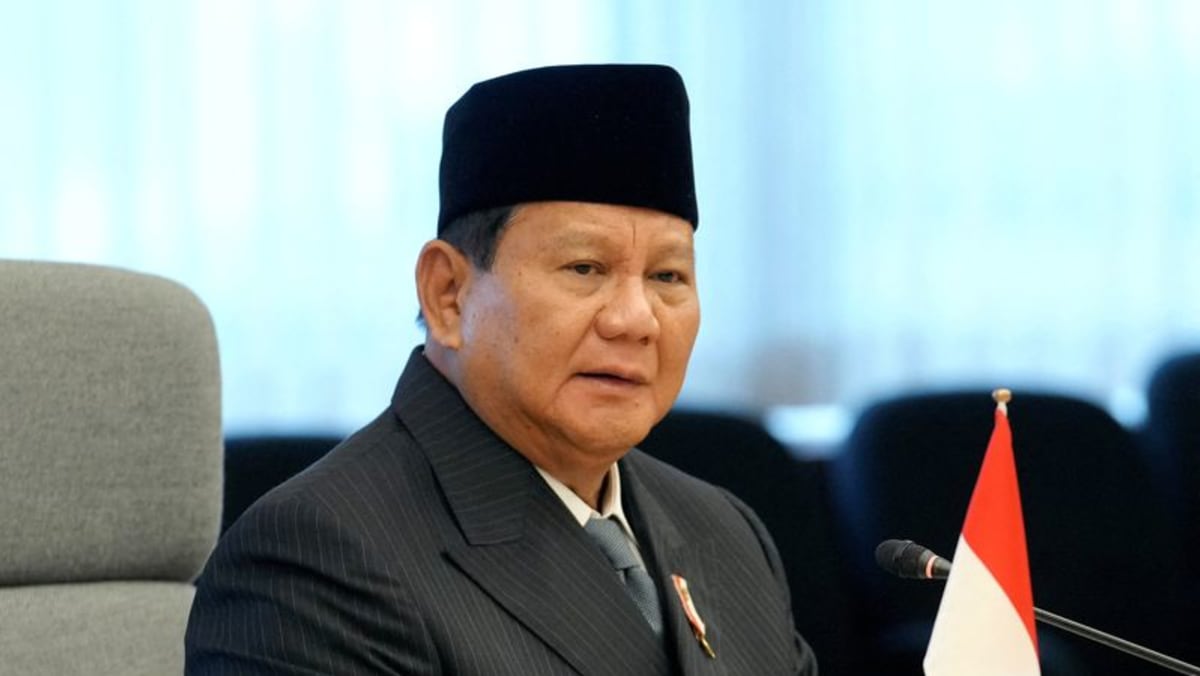A BODY THAT NO LONGER ‘FELT LIKE HER OWN’
For Ms Chuah, her initial diagnosis was not overly worrying, since breast cancer and the possibility of a mastectomy was not a foreign concept. Her mother had received the same diagnosis and also went for a mastectomy when she was 45, when Ms Chuah was eight years old.
Given her family history and noticing that her breasts felt “unusually lumpy”, Ms Chuah started going for yearly ultrasound scans with a general practitioner in her early 20s.
For years, doctors found nothing amiss. When the Covid-19 pandemic hit, she skipped two annual ultrasound scans only to find out in 2022 after a checkup that the lumps in her breast had grown.
Even then, her doctor reassured her that it was unlikely to be cancer given her young age, but referred her to a specialist anyway for more checks.
She did a mammogram and an ultrasound scan of her breasts, followed by a biopsy, which confirmed the diagnosis of breast cancer.
Her treating doctor, Associate Professor Yong Wei Sean from Singapore General Hospital and National Cancer Centre Singapore, said that a mastectomy was recommended for Ms Chuah given that she had multiple suspicious lumps and the procedure would ensure no cancer cells were left behind.
Ms Chuah was also offered the option of having breast reconstruction following the mastectomy, to which she agreed.
Assoc Prof Yong, who is a senior consultant, said that breast reconstruction is important for the appearance and emotional well-being of patients.
Although she was somewhat familiar with the surgical process as a child after watching her mother’s diagnosis, treatment and recovery, Ms Chuah said that she “underestimated” how much she would be affected by the process.
In February last year, after 12 hours of surgery under general anaesthesia, she woke up with scars, tubes connected to wounds and a body that “no longer felt like (her) own”.
In addition to removing one of her breasts, the doctors also removed six lymph nodes surrounding the area.
Since she opted for a breast reconstruction that used her own flesh rather than implants, Ms Chuah also had dressings and bandages applied over incisions made from her thighs where doctors had removed sections to use in the reconstructed breast.
GRAPPLING WITH BODY IMAGE, ISOLATION
Even though her family is no stranger to breast cancer, Ms Chuah told her family members about her diagnosis after a treatment plan was in place, because she did not want her mother to worry. Her mother lives in Penang, Malaysia.
Ms Chuah, who is a Singapore permanent resident, urged her family not to come to Singapore, since she felt she would be unable to host them while she was recovering.
Her husband, who is also a flight attendant, took two weeks off work to accompany her in the hospital.
He eventually returned to work once she was discharged, but made an effort to change his flights whenever possible to be with her as much as he could.
Over the next nine months, she spent most of her time at home alone.
Staying at home was mostly to help her recover, but at times, it was a choice she made because she felt self-conscious about her body and how others would look at her.
“After the surgery, I felt very low in self-esteem, like I was so different from other people,” she said, adding that that entire period of recovery was “isolating”. She had problems looking at herself in the mirror, unable to face the scars as a result of the surgery and a body that did not felt like her own.













